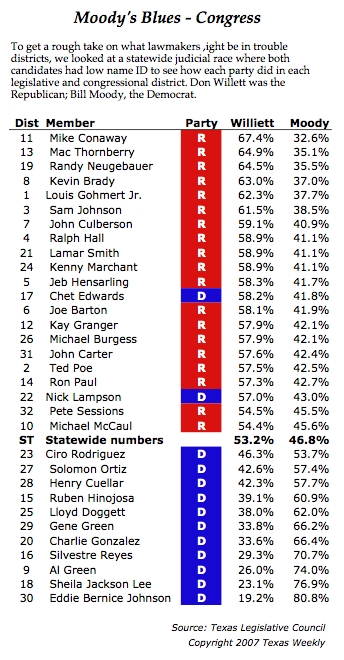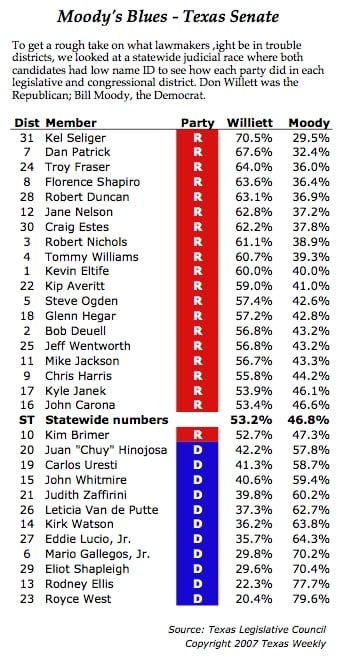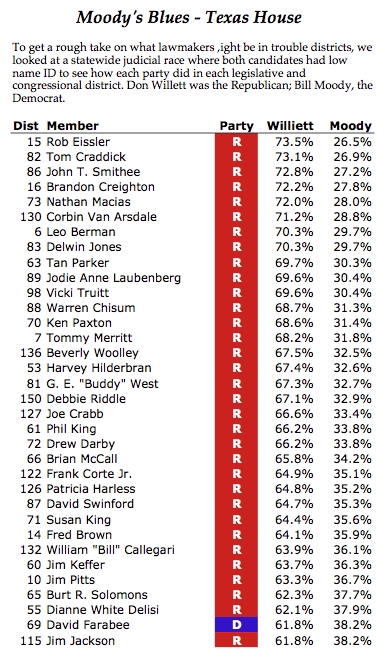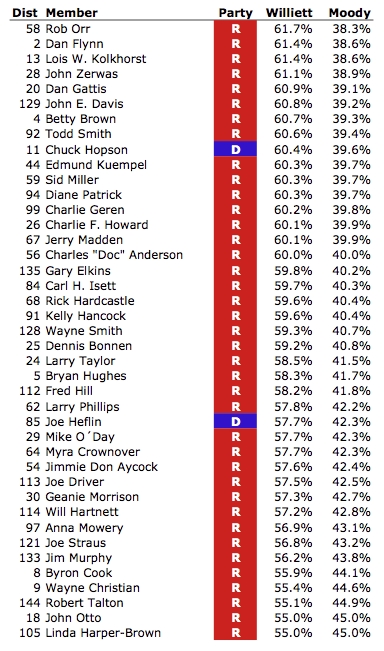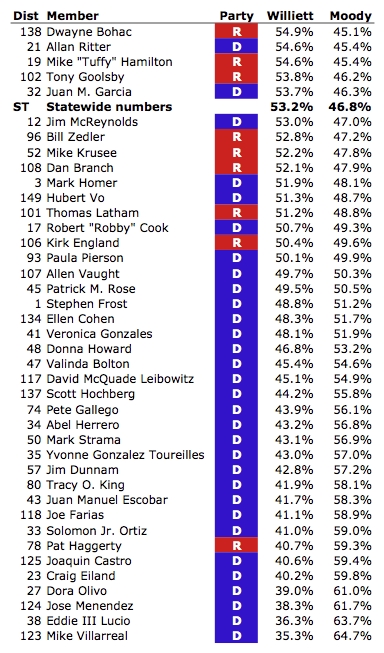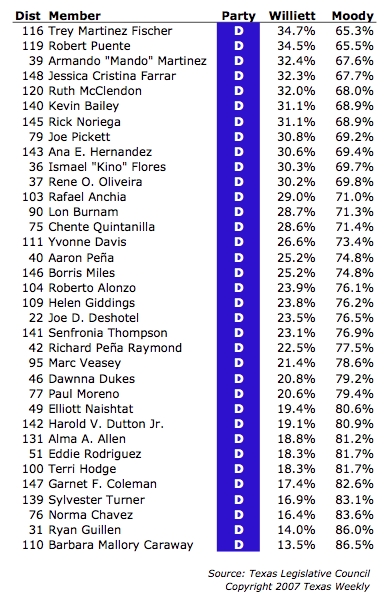Disappointment, Confusion, Frustration, Concern. No, it's not a spelling list, it's a list of the emotions felt a few days ago when we learned that Governor Perry had vetoed the School Bus Idling bill. The bill, designed to protect Texas children from exposure to dangerous air pollutants, was widely supported by legislators in both chambers.
It didn't create an unfunded mandate, the bane of school districts' existence.
It didn't require new forms or detailed reporting or accounting.
It had no fiscal note, but in fact would have saved school districts money by reducing gas consumption.
The Governor's veto statement suggested he preferred the school bus idling policy be determined by individual school districts, that it be left to local control, and yet he approved several pieces of legislation that overrule the local control of school districts:
• Requiring school districts to place multiple birth siblings together in classrooms at parents request
• Requiring school districts to allow parents to designate alternate locations from which children may be transported to and from school
• Requiring end-of-course examinations for certain classes
• Requiring school districts to test students for steroid use
• And last session the Governor mandated a uniform school start date for all school districts.
Are you beginning to see my Confusion?
Diesel school buses -- especially older ones -- emit a stew of toxins and sooty fine particles that aren't safe to breathe, especially by young children whose lungs are still developing. Pollution gets into the cabins of the buses as the bus idles outside schools and field trip locales. And that can lead not only to headaches, nausea, bronchitis, more frequent and more severe asthma attacks and delayed lung development but to other, more serious afflictions later in life, years after your child's last school bus ride.
Hence my Concern. Air pollution affects children more than adults because they inhale more pollutants per pound of body weight and have a more rapid rate of respiration, narrower airways and a reduced ability to metabolize, detoxify and excrete toxins.
The bill, sponsored by Rep. Scott Hochberg, D-Houston, and Sen. Judith Zaffirini, D-Laredo, would have set standards limiting the amount of time a school bus can idle in school zones and at school related activities, thereby limiting the amount of pollutants released in and around students and school buildings.
While Texas PTA is disheartened by the Governor's veto, we do agree with him that educators should spend more time and money on after school programs and bilingual education. But where does that money come from? We believe the amount of money saved by school districts on school bus fuel and maintenance would help pay for some of these programs, while improving the air our children breathe inside and around Texas school buses.
The Bus Idling Bill was part of a package of bills Texas PTA supported in an effort to improve the quality of the air children breathe in and around school buses: Texas PTA also sought funding for a program to help school districts retrofit diesel bus engines to reduce toxic emissions. Thankfully that program will be funded, albeit at a very small amount.
Our Frustration comes from knowing that the bus idling bill was an easy fix, a free fix, a fix that would begin to address a significant health problem for the children of Texas.
And, of course, we're very Disappointed, disappointed that Governor Perry chose to veto a bill that stood to improve the quality of life for many Texas school children.
Disappointment, Confusion, Frustration, Concern, makes a great spelling list, but a really bad way to feel about a really good bill.
Casey Magnuson is the Environmental Chairman for the Texas PTA Board of Directors.
Texas Weekly's Soapbox is a venue for opinions, spins, alternate takes, and other interesting stuff sent in by readers and others. We moderate submissions to keep crazy people out, and anonymous commentary is ineligible. Readers can respond (through the moderator) to things posted here. Got something to submit? We're interested in everything from full-blown opinion pieces to short bits to observations or tidbits that have escaped us and the mass media. One rule: Your name goes on your words. Call or send an email: Ross Ramsey, Editor, Texas Weekly, 512/288-6598, ramsey@texasweekly.com.


